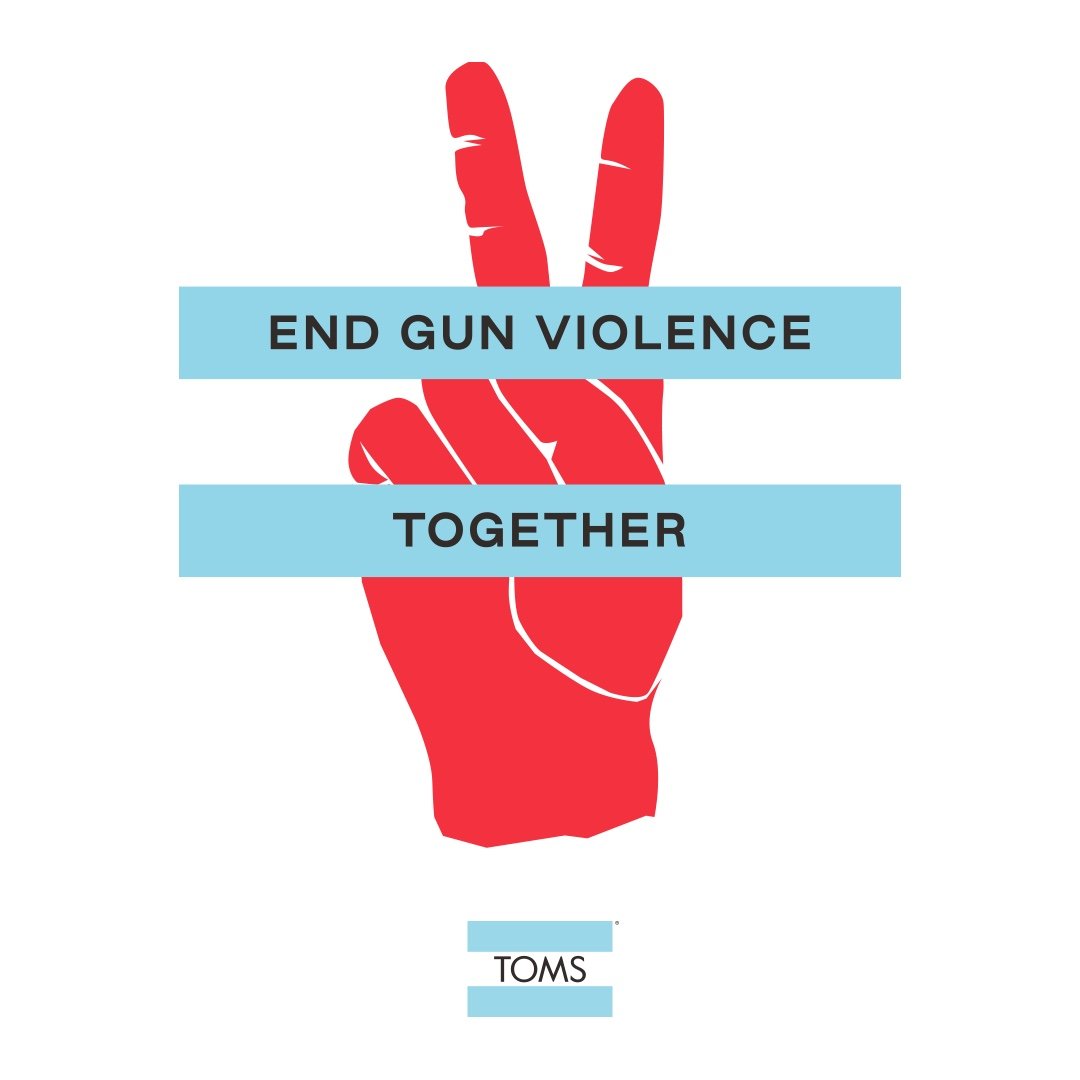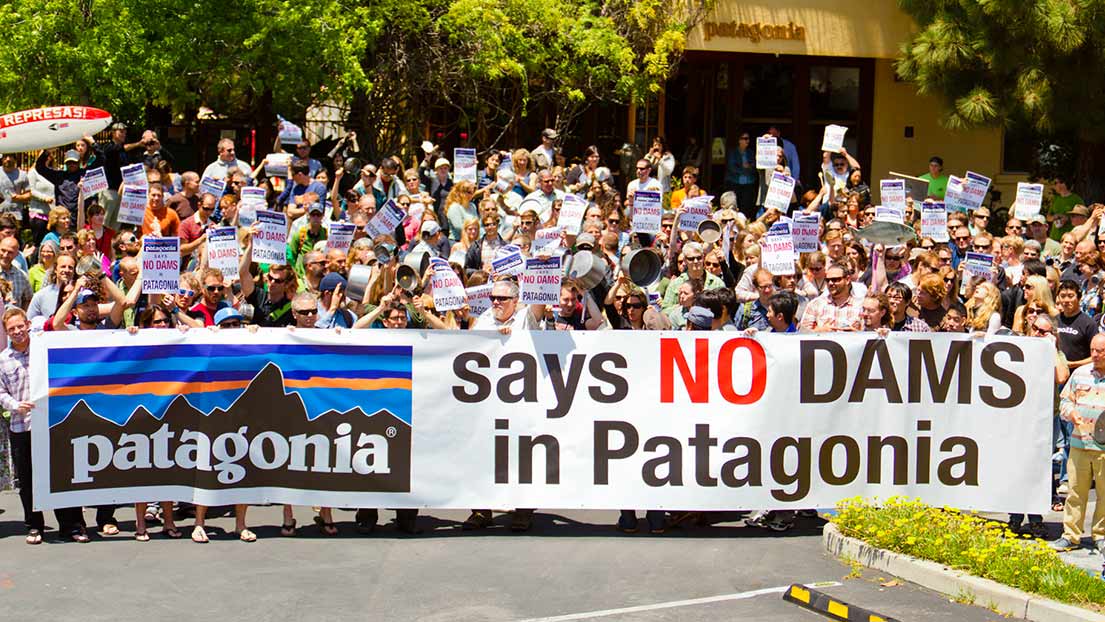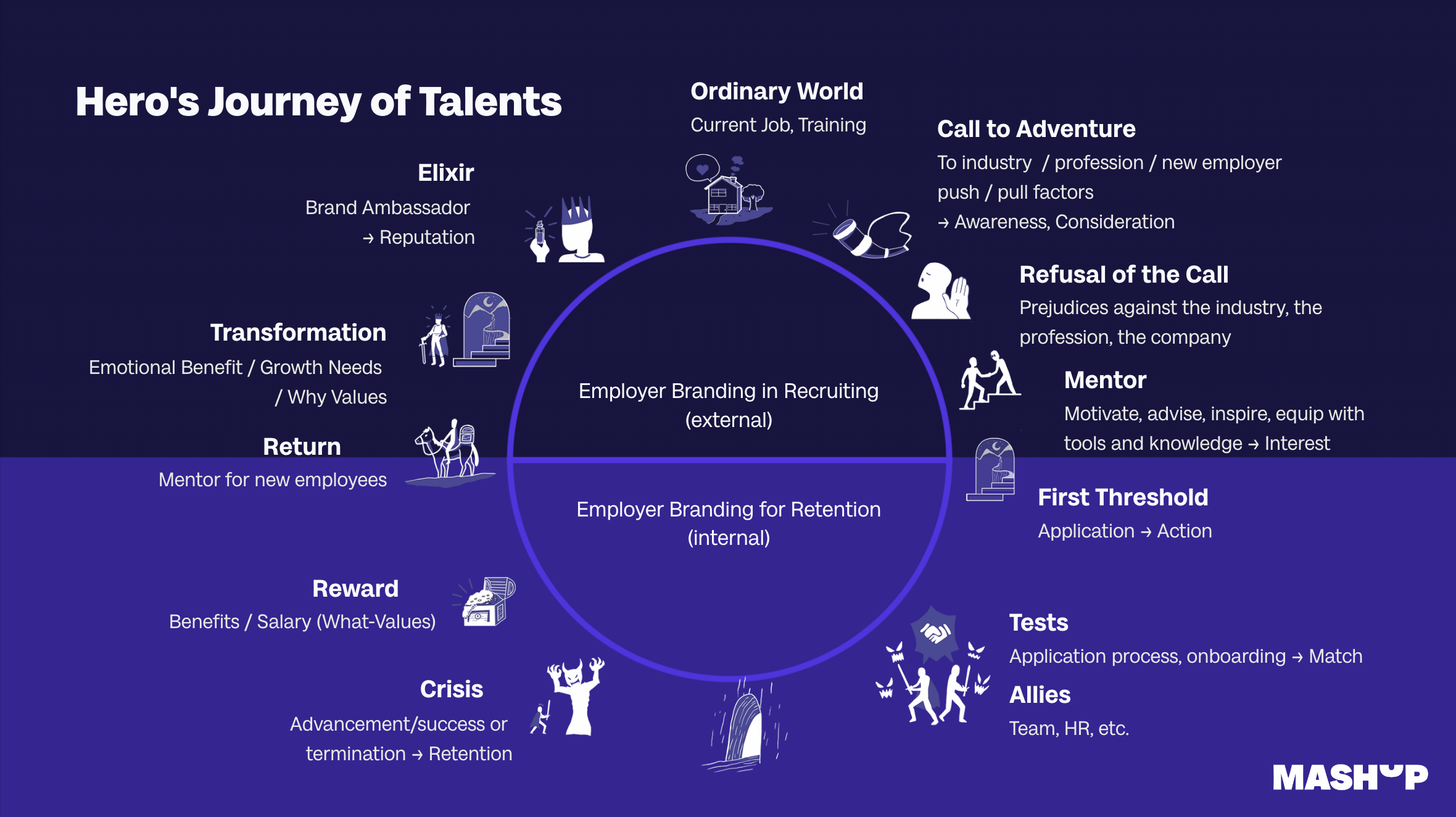Storyliving: The Power of Brands to stand up for a good Cause
Blake Mycoskie, founder of TOMS Shoes, is on his way to the office when his wife Heather Lang calls. A day earlier on November 8, 2018, gunmen opened fire in a nightclub in Thousand Oaks, California, just twenty minutes from her home. His wife talks about no longer feeling safe. She is tired of thinking and praying that they have to do something about gun violence. Mycoskie then writes what he describes as his most intense email to the brand’s board of directors and current CEO. In it he pleads for TOMS to take a clear stance on ending gun violence – and in doing so, rework the model that made the brand famous in its day.
TOMS Shoes was originally launched with the vision “One for One” to donate one pair of shoes to children in need for every pair sold. Since its foundation in 2006, the company has become synonymous with corporate giving and social commitment. But all of the brand’s previous social ventures have never been political. The risk of losing many customers who do not want a political brand as a result of this campaign was entirely justified.
Nevertheless, just twelve days after Mycoskie received the call from his wife, the website was redesigned to promote the “End Gun Violence Together” initiative and prioritize the issue. The company itself donated five million dollars to charitable organizations working to end gun violence.

More convincing actions and fewer words
The basic idea behind Blake Mycoskie’s commitment was: “If we as business leaders have so much power, we have to use it.” A statement that is sure to resonate with Generation Z, which is attractive to brands. A target group that cares more about what companies actually do than what they say. Consumers are demanding more than ever from brands when it comes to doing something good. They support a company whose issues they agree with, whereas they refuse to buy its products if they contradict their beliefs.
One example of this is the much-discussed Nike campaign with Colin Kaepernick. Under his moderation the commercial shows athletes and sports legends who have realized their dreams despite external resistance. With “Dream Crazy”, Nike is once again taking a stand in politically turbulent times. Because the 30-year-old quarterback and initiator of the controversial kneeling protests that cost him his team and his job in the NFL has long been more than just a football player. It is a political and social symbol. An icon of resistance, loved by some, hated by others. It is therefore not surprising that opponents of the political protest and supporters of Trump burned their Nike shoes after the campaign and called for a boycott of the brand. Kaepernick’s political supporters and opponents of Trump, on the other hand, bought sneakers from the American sportswear manufacturer and are completely behind the company.
https://www.youtube.com/watch?v=Fq2CvmgoO7I&t=1s
Real commitment instead of fake stories
Like Nike, many brands try to position themselves with social or political campaigns in order to get themselves talked about with emotional stories and establish a personal connection with the target group. However, companies are now realizing that traditional storytelling is no longer as effective as it used to be when it comes to scoring points with the target group. The reason why it doesn’t always work is the lack of authenticity. Storytelling is not just another tool in the marketing mix, it must be driven by the core principles of an organization and embody the voice and culture of the company. It is no longer enough for a brand to promote just one thing. Instead, the target group expects companies to demonstrate their commitment and take appropriate measures. But when storytelling alone is no longer enough to reach the audience and engage consumers on a deeper level, it inevitably leads brands to the next step.
Storyliving for credibility and role model function
If pure storytelling is no longer effective, storydoing or storyliving can be a way to increase the authenticity of a brand. This means that instead of just telling a story, a company must also take appropriate action, for example to encourage positive behavior in others, support a cause or provide meaningful experiences.
The example of Patagonia shows that it can work to follow your own political principles and become a love brand for your target group. Since the brand decided early on to stop selling rock hooks because they destroy nature, this turnaround has given the company a firm identity. For all products, stories and campaigns, the outdoor clothing manufacturer makes sure that they contribute to the value of protecting our habitat together.
It is therefore only logical that Patagonia, together with other climate protection activists, wanted to sue President Trump in 2017 because his government was planning to drastically reduce the size of two listed national parks. At the end of 2018, the label announced that it would donate its profits of ten million dollars from the massive tax cut to environmental groups. The protest was directed against the financial benefits for millionaires and corporations. The Californians are thus sending out a signal that it is the duty of companies to pay statutory levies in order to finance public, democratic institutions and to protect socially disadvantaged people and nature.

No matter what vision drives a company, what principles and values are important to it, every brand can tell a story. However, whether this is credible and accepted as true by the audience is often only revealed in action. By dedicating themselves to living their values and vision, brands differentiate themselves from mere advertising and their competition, while helping their audience to do the same.
Share this article
Related articles

11 March 2024







